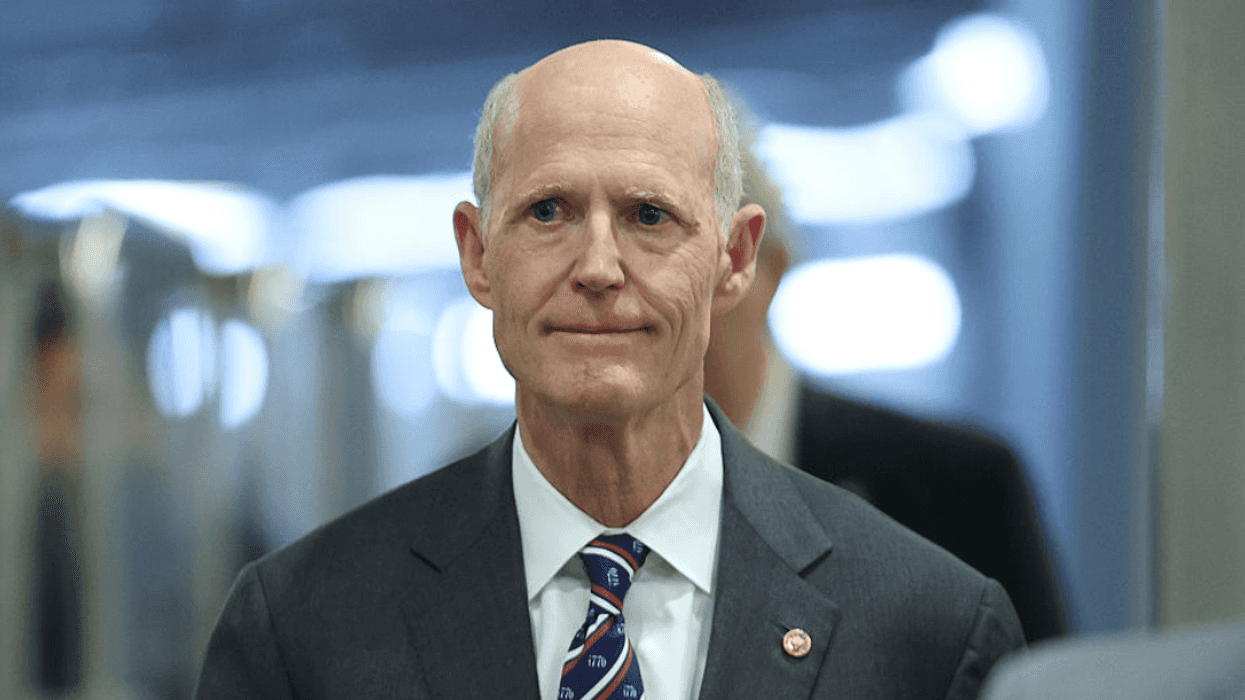Thursday marked two important points in the ongoing investigation by the House January 6 Select Committee.
First, midnight was the deadline to comply with subpoenas issued to four key Trump aides: social media czar Dan Scavino, former White House Chief of Staff Mark Meadows, former White House advisor Steve Bannon, and former Defense Department official Kash Patel. But on instruction from the former president himself, issued by way of a letter from his new attorneys, the witnesses have indicated they intend to defy the subpoenas. (Interestingly, Dan Scavino is evading service of the subpoena entirely and as yet has not been located.)
Second, the Committee issued a new batch of subpoenas to Ali Alexander, Nathan Martin, and Stop the Steal LLC in connection with their organizing of the January 6 protest that led to the violent insurrection at the Capitol. Alexander's testimony in particular might prove quite explosive: In several online videos, he claimed to have been in contact with Congressmembers Paul Gosar (R-AZ), Andy Biggs (R-AZ) and Mo Brooks (R-AL) about the rally that preceded the riot. "We four schemed up of putting maximum pressure on Congress while they were voting," Alexander said in a since-deleted video, "so that who we couldn't lobby, we could change the hearts and the minds of Republicans who were in that body, hearing our loud roar from outside." According to the January 6 Committee's press release, Alexander made "repeated reference during Stop-the-Steal-sponsored events to the possible use of violence to achieve the organization's goals and claimed to have been in communication with the White House and Members of Congress regarding events planned to coincide with the certification of the 2020 Electoral College results."
While there is a palpably strong desire among the Committee members, to say nothing of much of the nation, to hold those responsible for the deadly insurrection accountable, up to and including the former president, there is also understandable skepticism around the ability of anyone to do so, especially through the issuance of Congressional subpoenas to force testimony. Now that the former president has challenged the authority of the Committee outright, there are many unanswered questions. Here are a few:
Can witnesses be punished for defying Congress?
A subpoena from a court of law and a subpoena from Congress work essentially the same, but there is considerably less legal authority to back up the latter. Ignore a subpoena from a grand jury, as Susan McDougal famously did during the Whitewater investigations from the Clinton years, and you might spend 18 months in jail. But ignore a Congressional subpoena, at the insistence of a former president, and the consequences are far less clear given the inherent political nature of the request and the "executive privilege" that may or may not apply.
In an earlier piece, I explained why executive privilege asserted by a former president isn't necessarily invalid, though most legal scholars agree that it has at best never squarely been asserted and tested. Generally speaking, the sitting president holds the privilege on behalf of the office, not the person, and former presidents are limited to simply requesting that the privilege be extended to things like their notes and communications. That limitation of the privilege to the current president has been trotted out by many as a rule of law rather than a guiding principle, but this may be premature. The notion that presidents lose all executive privileges over communications with advisors the moment they leave office makes little sense either, as this would cut against the need for open and frank discussions between them and their staff, especially in the final months of a term.
For this reason, even the Biden White House is not willing to give a blanket waiver of the privilege over election-related communications between Trump and his advisors, but instead will proceed on a case-by-case basis—and rightly so. To do otherwise could open the door to broad subpoenas from a GOP-led committee down the road, which could stifle necessary communications within the White House today. That said, the administration has already signaled a strong inclination to waive the privilege in most relevant instances here, having done so over communications between Justice Department officials and Trump relating to efforts to overturn the election.
Democrats understandably worry that if courts have to weigh in on these four subpoenas, as they were forced to during the Trump era, it will again take years to wind through, and nothing will ever happen. The key difference this time, as emphasized by Rep. Adam Schiff, is that the Department of Justice may accept criminal referrals from the Committee for non-complying witnesses, meaning prosecutions for evading the subpoenas could commence. That never happened while Bill Barr was Attorney General, and it could prove a decisive factor here. If they lose their court challenges and are convicted of criminal contempt of Congress, the evaders could face fines of up to $100,000 and jail time of up to one year, so the stakes are considerably higher.
Is Everyone Subpoenaed Protected by Executive Privilege?
Once you start to parse the distinctions among witnesses, it becomes evident that not all of them stand in the same light. While Scavino, Meadows and Patel were formal officials in the former administration at the time of the election subversion, Steve Bannon was not. At the time, in fact, Bannon was merely a podcast host under indictment for fraud. Bannon will have a much more difficult time hiding behind executive privilege.
Similarly, none of the parties hit with the most recent round of subpoenas, namely Alexander, Martin, and Stop the Steal LLC, were even arguably any part of the administration, even if they were aligned with its goals and in communication with it, as Alexander has claimed. It will be interesting to see if Trump tries to argue that they cannot be made to testify either. (He very likely would lose this argument.)
The Alexander and Martin subpoenas have appearance dates of October 28 and 29, and thus it is more likely, though not certain, that these witnesses will take center stage even while the Trump advisors battle their subpoenas. That is potentially bad news for Reps. Gosar, Brooks and Biggs, who will be back in the news. "[D]emonstrations escalated to violence and protestors became rioters," said committee chair Bennie Thompson (R-MS). "The Select Committee needs to understand all the details about the events that came before the attack, including who was involved in planning and funding them. We expect these witnesses to cooperate fully with our probe."
But what about the Fifth Amendment?
The possibility of Alexander testifying leads to another important possible outcome: witnesses pleading the Fifth. If Alexander fears he will be indicted on conspiracy charges related to the riot or sedition, he may refuse to self-incriminate by providing sworn testimony. Another possibility is a deal by which he agrees to testify in exchange for some kind of immunity, but we aren't there yet, and the Justice Department may well have its own priorities to sort. Bannon, whose indictment for fraud was dismissed in light of a broad presidential pardon from Trump, may similarly decline to testify rather than wade into new legal hot water without the protection of the White House.
All this is to say we shouldn't get too excited or grow unrealistic about what the Committee will be able to accomplish from these subpoenas, at least not in the short run. Rather, we should settle back and see how the Alexander and Nathan subpoenas play out, and watch who else might be willing to come forward soon in order to avoid potential prosecution, particularly in light of a report put out yesterday by Senate Democrats detailing efforts within the Trump White House and Justice Department to overturn the election.
A certain seditious DoJ official who wanted to be named acting Attorney General and a certain conservative lawyer who penned an actual coup memo come to mind.
For more analyses like this one, subscribe to the Status Kuo newsletter.

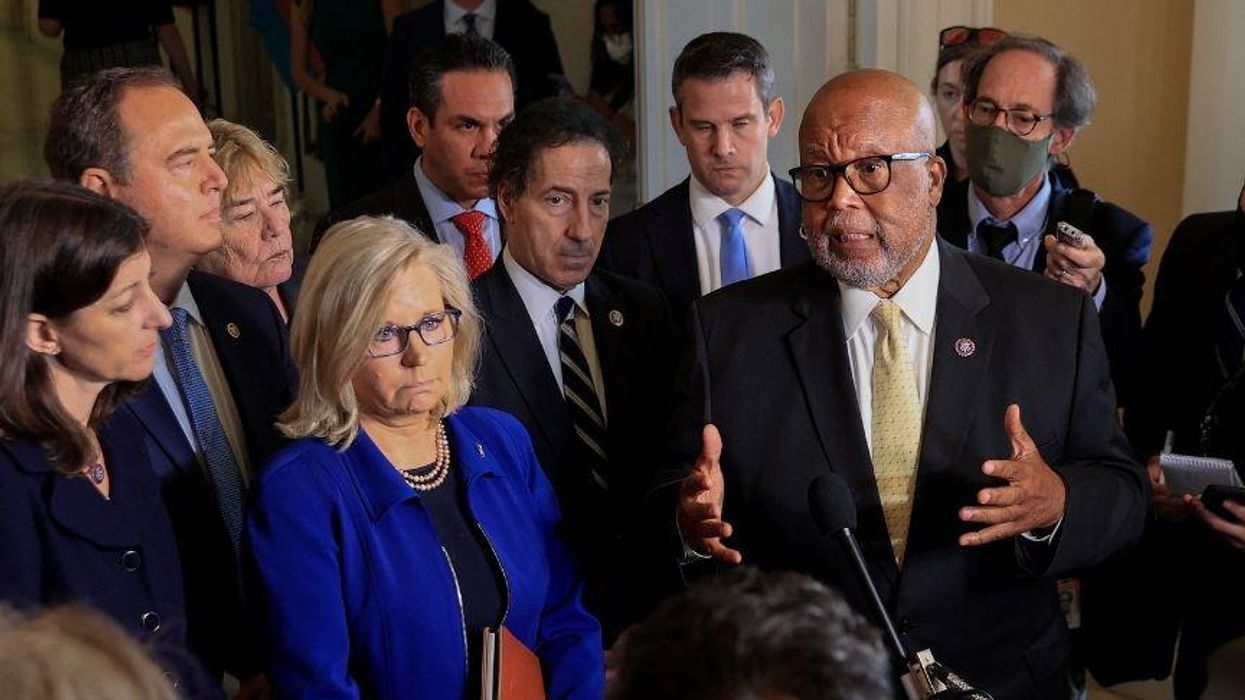




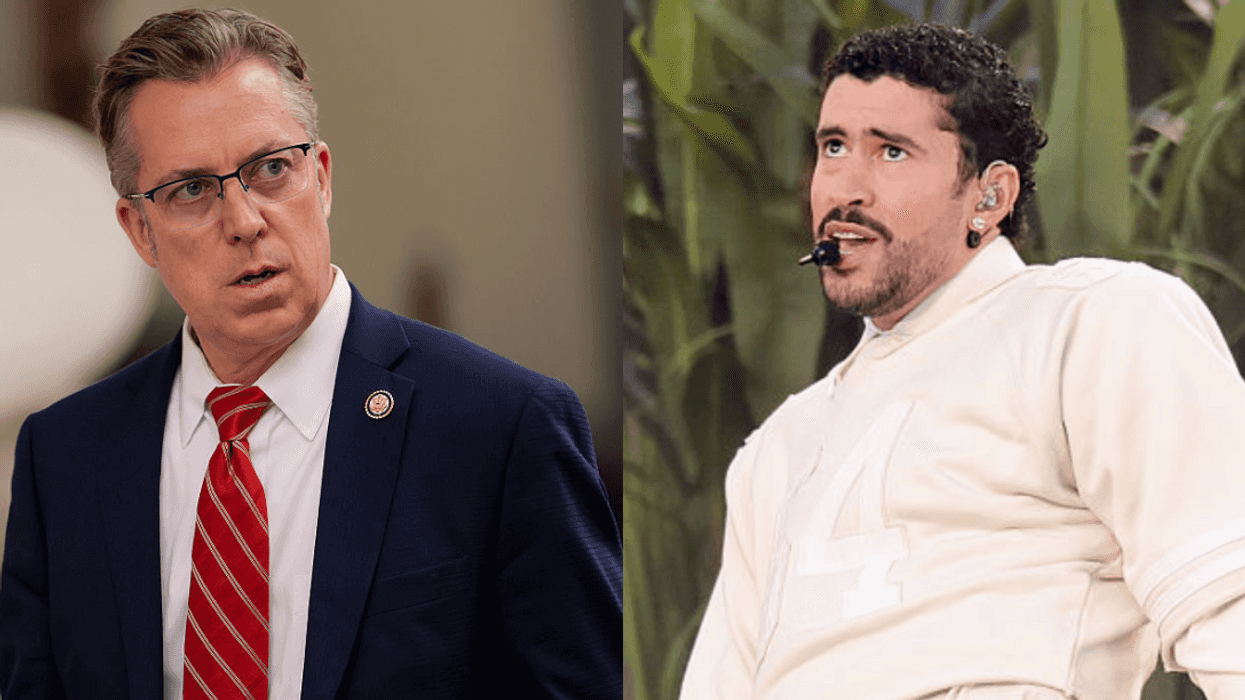
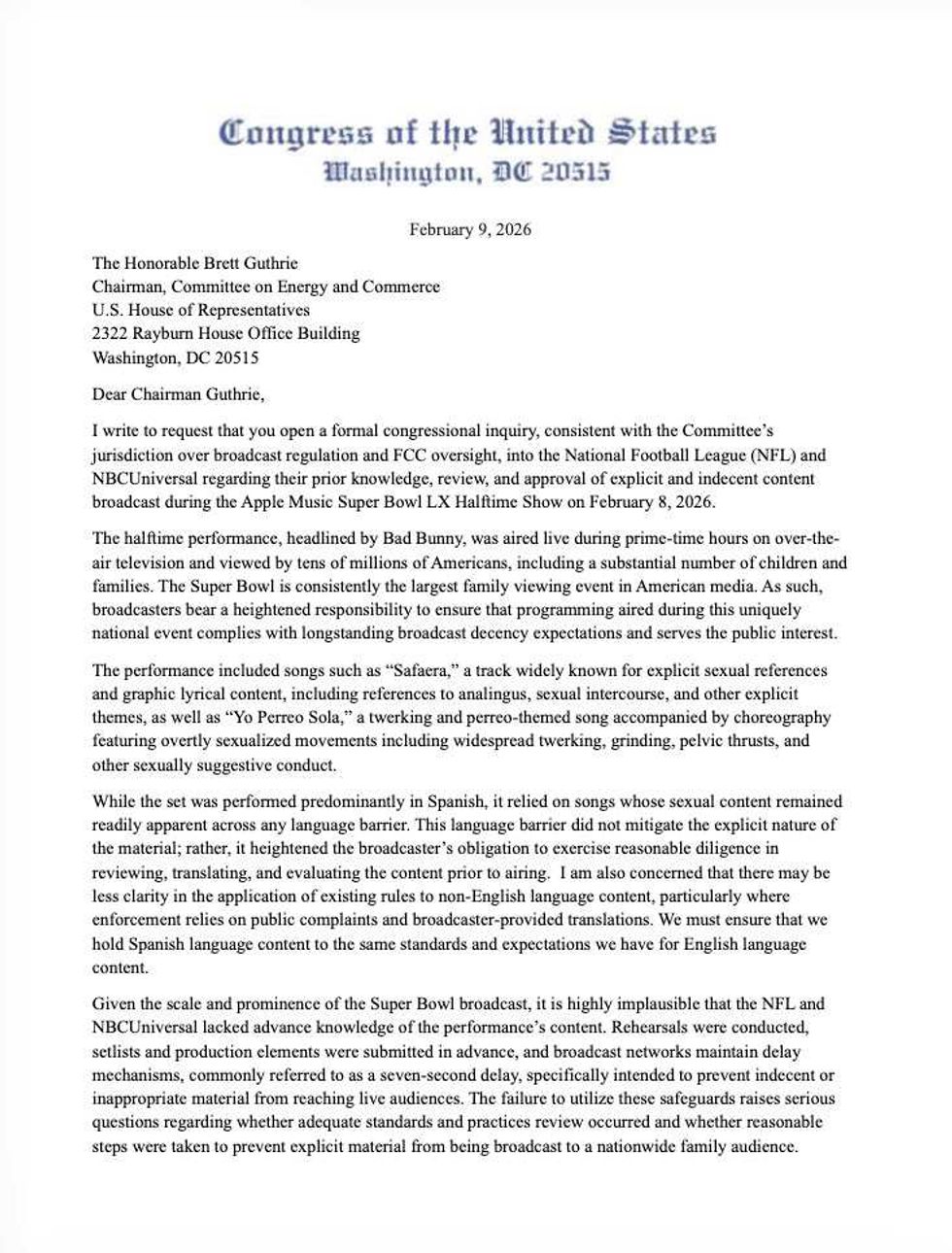 @RepOgles/X
@RepOgles/X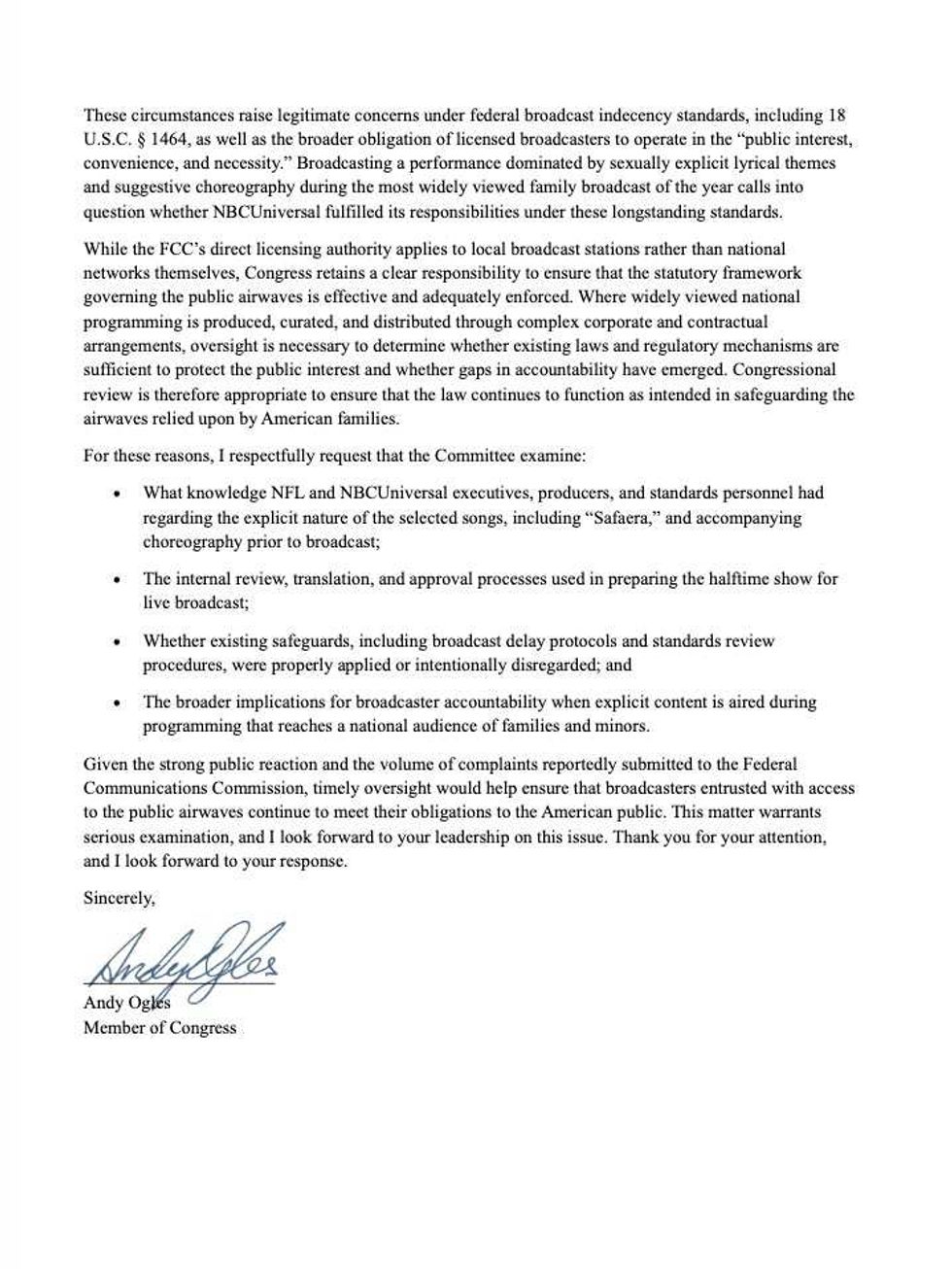 @RepOgles/X
@RepOgles/X





 @chrisbrownofficial/Instagram
@chrisbrownofficial/Instagram u/oatlatt/Reddit
u/oatlatt/Reddit u/LoveTheAhole/Reddit
u/LoveTheAhole/Reddit u/SoFetch89/Reddit
u/SoFetch89/Reddit u/00trysomethingnu/Reddit
u/00trysomethingnu/Reddit u/kittybuscemi/Reddit
u/kittybuscemi/Reddit u/___nic/Reddit
u/___nic/Reddit u/WaterMagician/Reddit
u/WaterMagician/Reddit u/west-brompton/Reddit
u/west-brompton/Reddit u/GhostlySpinster/Reddit
u/GhostlySpinster/Reddit u/Asleep_Tap6199/Reddit
u/Asleep_Tap6199/Reddit u/afreudtolove/Reddit
u/afreudtolove/Reddit u/myfriendtoldmetojoin/Reddit
u/myfriendtoldmetojoin/Reddit
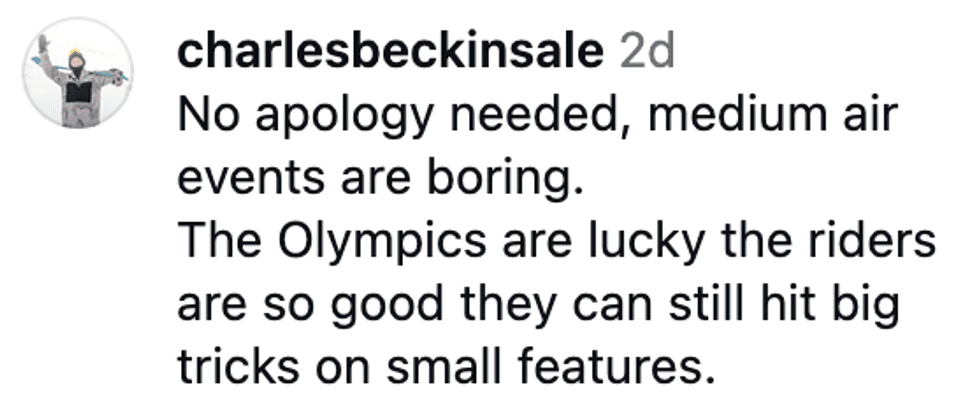 @charlesbeckinsale/Instagram
@charlesbeckinsale/Instagram @liamgriffin/Instagram
@liamgriffin/Instagram @valentinoguseli/Instagram
@valentinoguseli/Instagram @17is/Instagram
@17is/Instagram @torahbright/Instagram
@torahbright/Instagram @mcfetridge/Instagram
@mcfetridge/Instagram @colleenquigley/Instagram
@colleenquigley/Instagram @jonathanwaynefreeman/Instagram
@jonathanwaynefreeman/Instagram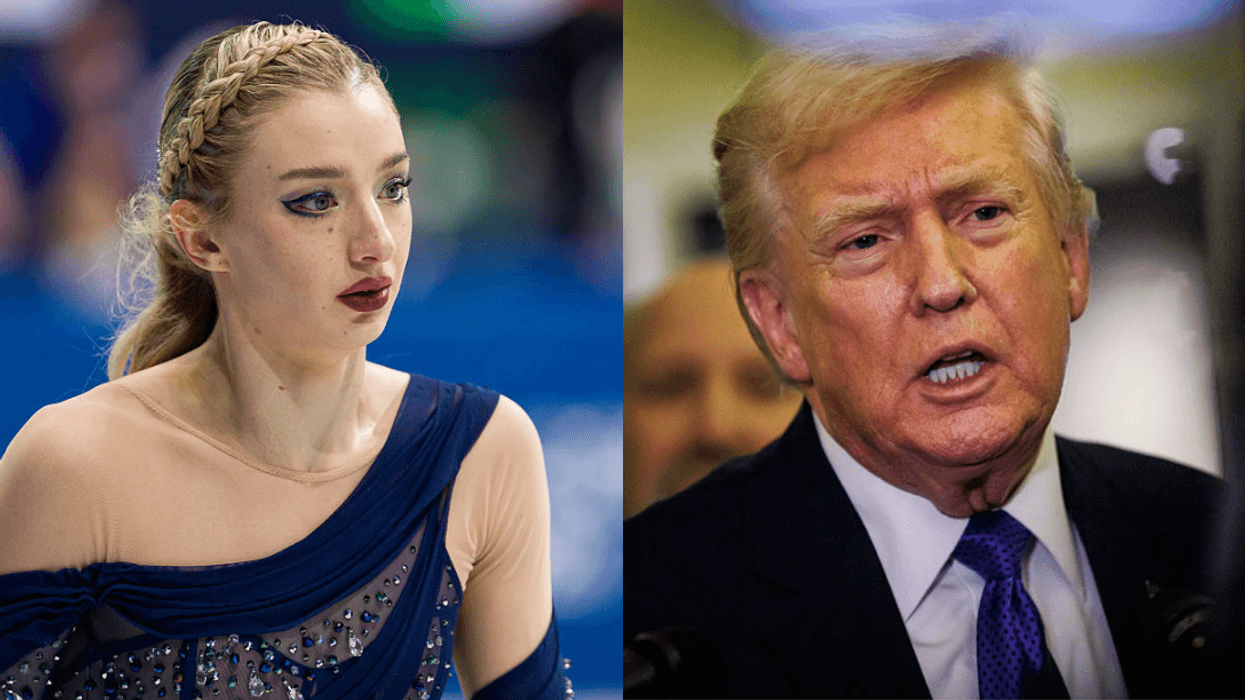
 @amberglenniceskater/Instagram
@amberglenniceskater/Instagram